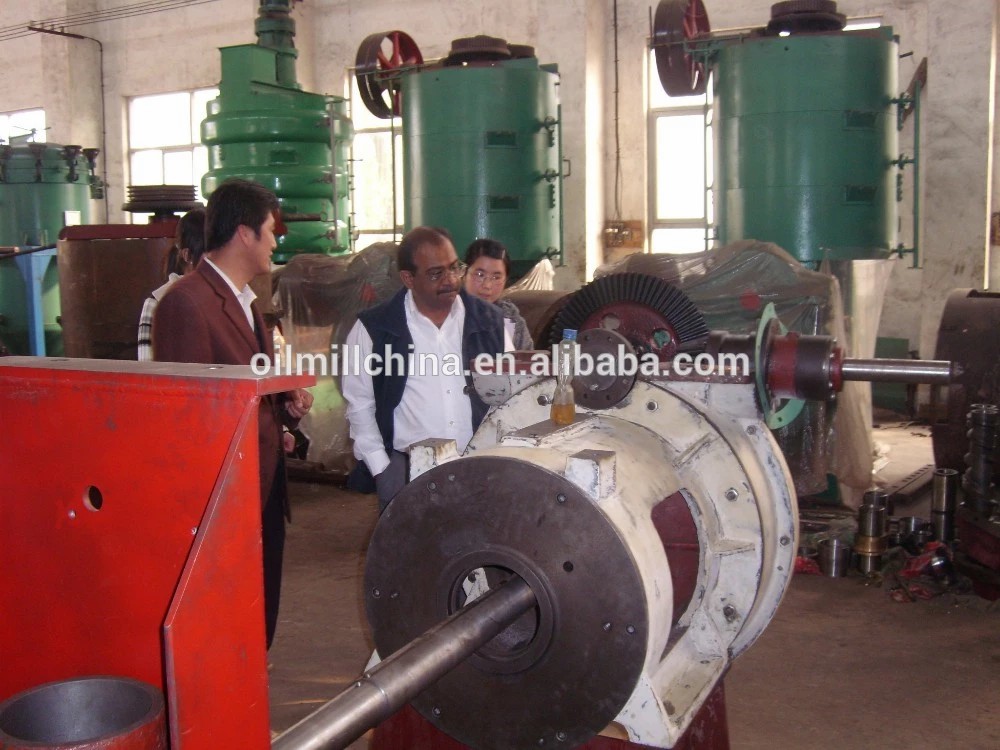Oct . 02, 2024 04:28 Back to list
Oil Refining Services for Food Production and Quality Enhancement in Processing Units
The Importance of Food Oil Refining Units in Modern Agriculture
In the ever-evolving landscape of agriculture and food production, the oil refining industry plays a crucial role in ensuring that consumers have access to safe, high-quality edible oils. The processing of crude vegetable oils into refined products is not only vital for enhancing safety and shelf life but also for meeting the diverse culinary needs of consumers worldwide. Food oil refining units are at the heart of this process, performing essential tasks that transform raw materials into the refined oils that feed billions.
Understanding Oil Refining
Oil refining is the process through which crude oils obtained from oilseeds or other plant sources are transformed into palatable and marketable products. This involves several key stages, including degumming, neutralization, bleaching, and deodorization. Each of these steps is designed to remove impurities, reduce acidity, and improve the color and odor of the oil, resulting in a product that is not only safe for consumption but also appealing to the taste buds.
One of the primary components in any food oil refining unit is the machinery used for these processes. High-capacity extractors, degumming tanks, neutralizing kettles, and bleaching columns are just a few examples of the equipment utilized to ensure that each batch of oil meets stringent quality standards. Automation plays an increasingly important role in these units, allowing for greater efficiency and consistency in production.
Quality and Safety
Food safety is of paramount importance in the processing of edible oils. Refined oils must meet specific regulations set forth by agencies such as the Food and Drug Administration (FDA) and the European Food Safety Authority (EFSA). Refining not only removes contaminants like phospholipids and free fatty acids but also eliminates harmful substances that may be present in crude oils. Consequently, food oil refining units contribute significantly to public health by producing oils that are free from toxins and safe for consumption.
food oil refining unit service

Sustainability and Environmental Impact
As concerns about sustainability and environmental impact grow, food oil refining units are adapting to incorporate more eco-friendly practices. Many refineries are investing in technologies that reduce energy consumption and waste generation. For instance, the use of renewable energy sources, such as solar and wind power, is becoming more common in these facilities. Additionally, waste materials from the refining process, such as oilseed cakes, can be repurposed for animal feed, thus minimizing environmental footprints.
Economic Significance
The economic impact of food oil refining units is also noteworthy. They create jobs, enhance local economies, and contribute significantly to the agricultural sector's overall value. Furthermore, refined oils are crucial for the food industry, serving as key ingredients in a wide range of products from salad dressings to baked goods. As consumer demand for healthier and more sustainable food options increases, refining units that can meet these expectations will ultimately thrive.
Conclusion
In summary, food oil refining units are indispensable in the production of safe, high-quality edible oils. They play a vital role in enhancing the flavor and nutritional value of food, while also ensuring food safety and compliance with regulatory standards. As the industry moves towards sustainability and efficiency, these units will continue to adapt and innovate, ensuring that they meet the evolving needs of consumers around the globe. As we look to the future, the significance of food oil refining will only increase, highlighting the integral relationship between agriculture, food processing, and public health.
-
HP 120 Cold Oil Press-Hebei Huipin Machinery|Oil Extraction, Cold Press
NewsAug.07,2025
-
HP 120 Model Cold Oil Press-Hebei Huipin Machinery|Cold Oil Extraction, High Efficiency
NewsAug.07,2025
-
HP 120 Model Cold Oil Press - High-Efficiency Oil Extraction&Automated Processing
NewsAug.07,2025
-
Safflower Oil Press Service | Expert & Efficient Solutions
NewsAug.07,2025
-
HP 120 Model Cold Oil Press - Hebei Huipin Machinery | Advanced Oil Extraction Technology
NewsAug.06,2025
-
HP 120 Cold Oil Press-Hebei Huipin Machinery|Cold Pressing, Oil Extraction
NewsAug.06,2025
